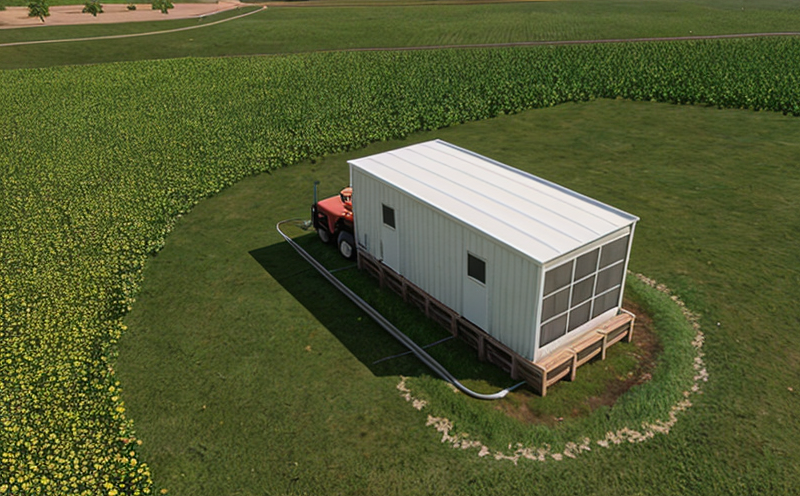Single Fault Condition Safety Assessment
In the railway and transportation sector, safety is paramount. Ensuring that critical components can withstand single fault conditions without compromising performance or endangering lives is crucial. Single Fault Condition (SFC) Safety Assessment is a rigorous testing methodology aimed at evaluating the resilience of railway equipment under unexpected failures.
Single fault conditions are isolated events where one component fails, and others must compensate for that failure to maintain safety and functionality. This service leverages advanced testing facilities and expertise to simulate these scenarios accurately. The goal is not just to test individual components but to ensure the entire system operates safely under such adverse circumstances.
The SFC Safety Assessment process involves several critical steps:
- Identify potential single fault conditions based on historical data and industry best practices.
- Develop a test matrix that covers all identified scenarios, ensuring comprehensive evaluation.
- Assemble the necessary equipment and instrumentation to simulate the specified faults accurately.
- Conduct tests under controlled conditions, monitoring performance throughout.
- Analyze results using advanced analytical tools to determine compliance with safety standards.
This service is essential for quality managers, compliance officers, and R&D engineers who need to ensure their products meet stringent safety regulations. By identifying vulnerabilities early in the design process, manufacturers can improve product reliability and reduce risks associated with field failures.
The railway industry relies heavily on robust infrastructure that must function reliably under all conditions. SFC Safety Assessment helps guarantee that when one part of a system fails, the rest continues to operate safely until maintenance or replacement can be performed. This approach ensures continuous service availability even during unexpected incidents.
Applied Standards
| Standard | Description |
|---|---|
| ISO 26262 | Addresses functional safety in automotive systems, which can be applied to railway and transportation equipment. |
| ISO 16739 | Provides guidelines for the safety of rail vehicles, including aspects related to SFC. |
| ISO 16739-2 | Specifically addresses the safety of rail vehicles under single fault conditions. |
Why Choose This Test
The Single Fault Condition Safety Assessment offers several key advantages for organizations in the railway and transportation sectors:
- Enhanced Reliability: Identifies weak points early, allowing for proactive design improvements.
- Compliance Assurance: Ensures that products meet stringent safety standards set by regulatory bodies.
- Risk Reduction: Minimizes the risk of accidents and injuries in operational environments.
- Informed Decision-Making: Provides detailed insights into potential failure modes, guiding future development efforts.
Beyond these benefits, organizations that choose this service gain a competitive edge by demonstrating their commitment to safety and quality. This can lead to increased trust from customers and stakeholders, as well as better positioning in the market.
Customer Impact and Satisfaction
- Increased Confidence: Customers receive assurance that their products are safe and reliable under all possible failure scenarios.
- Better Decision-Making: Provides actionable data that aids in informed purchasing decisions.
- Improved Reputation: Demonstrates a strong commitment to safety, enhancing the company’s reputation.
- Competitive Advantage: Differentiates the organization from competitors by offering superior quality and reliability.





